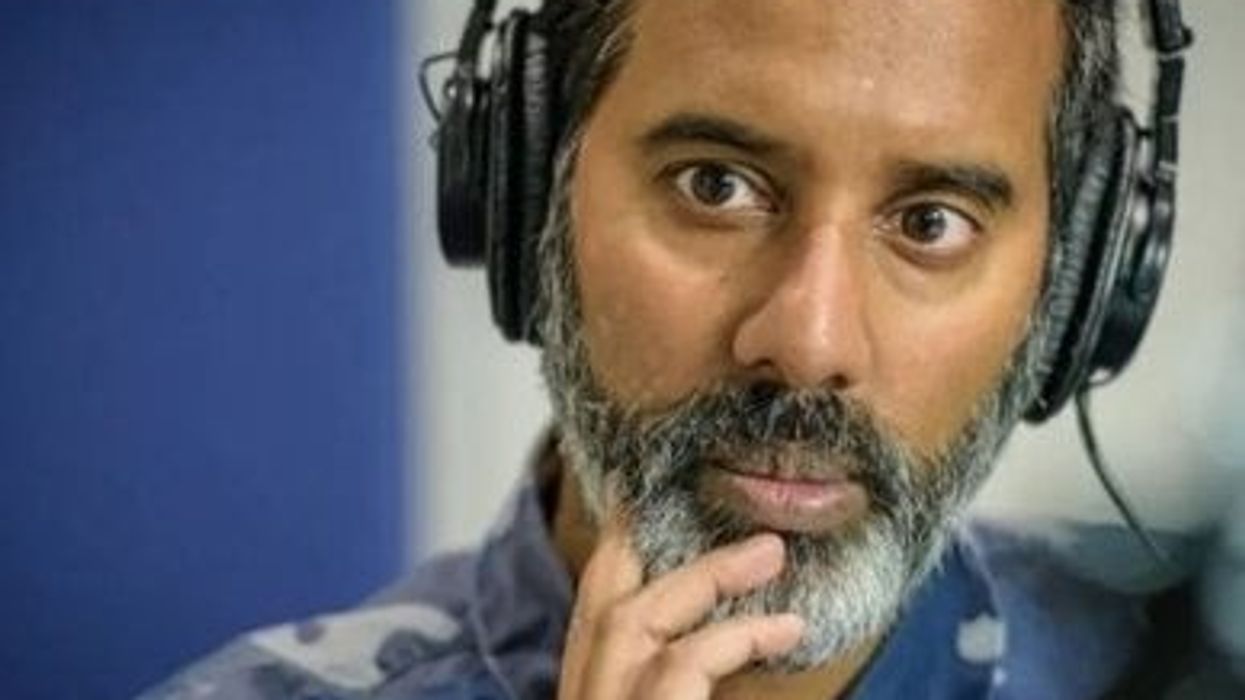BBC presenter Nihal Arthanayake was racially abused, twice, following an encounter outside a pub in Altrincham, Greater Manchester last month.
Arthanayake, who hosts an afternoon talk show on BBC Radio Five Live, visited Stretford police station in Manchester to provide a statement recounting how he was subjected to racial slurs, including the use of derogatory terms.
The incident allegedly took place outside a pub in Altrincham, Greater Manchester, as Arthanayake waited for his wife after watching a friend's band perform.
He shared details of the incident in a Twitter video, saying, “I don't really know what just happened. I was in a place called Altrincham, which is a bit of a hole.
“I was outside this pub, which I'd been in with my wife, dancing around, jumping around etcetera. It was fun. Covers band, they were very good.
“I saw this man sitting outside, I was waiting for my wife to come out, so I said "Can I come and sit with you, can we talk?" and he was like "Yeah, yeah absolutely." Little, a kind of drunk man.
“We got talking and he said: "Oh are you a doctor?" So, I started laughing because it's a question as an Asian you might get asked. And I went "Well why would you ask that?"
“And he said, "Well because you're a p**". And then he went "Oh I guess I can't say p**" and then he said the n-word!
Then he kind of looked at me and was like "Oh sorry, you're offended, aren't you?" And I said "Well why did you say that word?"
“He said "I'm sorry I'm a massive..." and used the c-word.
“I said "You're not a massive c-word, you're just an average one. Dictators are massive c-words, you're just an average one." It was so weird.”
After he posted the account of the interaction on social media, Arthanayake was attacked by trolls over his experience.
He expressed his disbelief at the attempts of a small group of abusers to gaslight him, claiming that the incident never took place.
Some accused him of being an anti-white racist, saying he did not belong to the UK and falsely claiming he was part of a conspiracy to replace white people with individuals from certain countries.
Arthanayake said, “They then started to accuse me of being an anti-white racist. From there it escalated to being told I don't belong in the UK and I am an invader and part of a great conspiracy to replace white people with "invaders" from "s***holes".
“Then came the anti-Semitism which accused Jewish people of masterminding this influx of immigrants to supplant the "indigenous Brits", myself being one of them.'
While some of the online abusive accounts have been removed, Arthanayake revealed that the insults he received were not only from fellow Britons but also from individuals abroad.
He also said he was grateful for the immense love and support he received from friends, colleagues, and numerous individuals across social media platforms.




